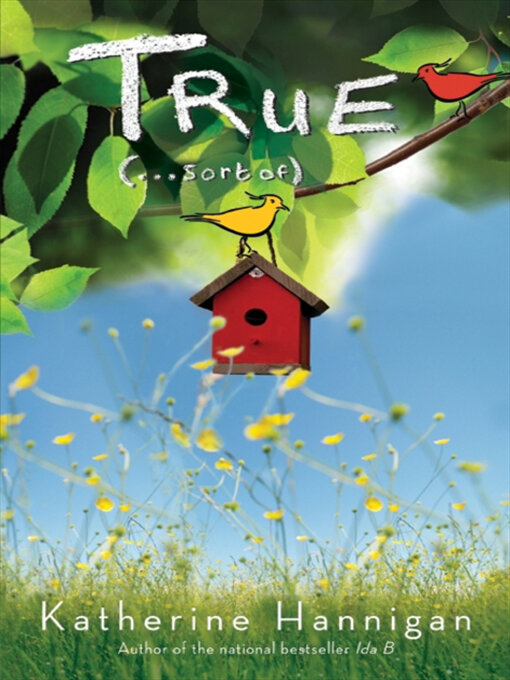True: Delly Pattison likes surpresents (presents that are a surprise). The day the Boyds come to town, Delly's sure a special surpresent is on its way. But lately, everything that she thinks will be good and fun turns into trouble. She's never needed a surpresent more than now.
True: Brud Kinney wants to play basketball like nothing anybody's ever seen. When the Boyds arrive, though, Brud meets someone who plays like nothing he's ever seen.
True: Ferris Boyd isn't like anyone Delly or Brud have ever met. Ferris is a real mysturiosity (an extremely curious mystery).
True: Katherine Hannigan's first novel since her acclaimed Ida B is a compelling look at the ways friendships and truths are discovered.
It's all true ( . . . sort of).





